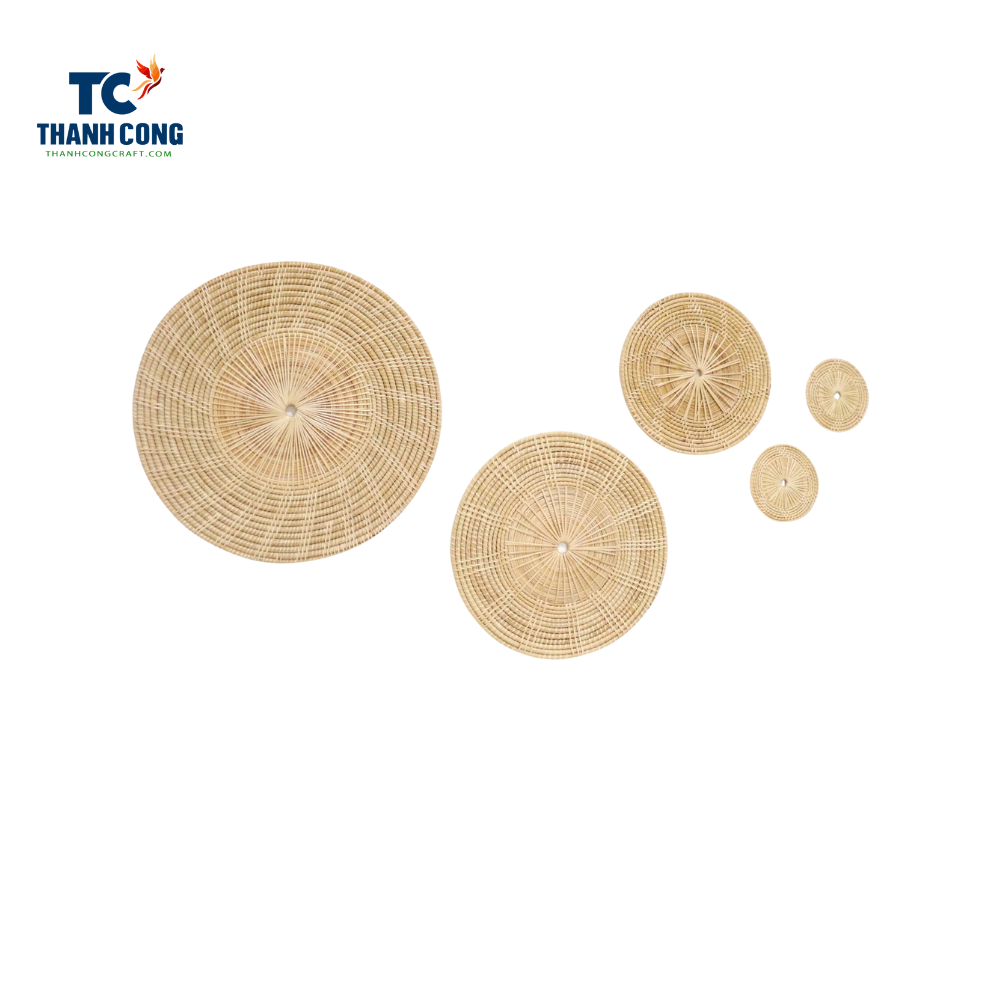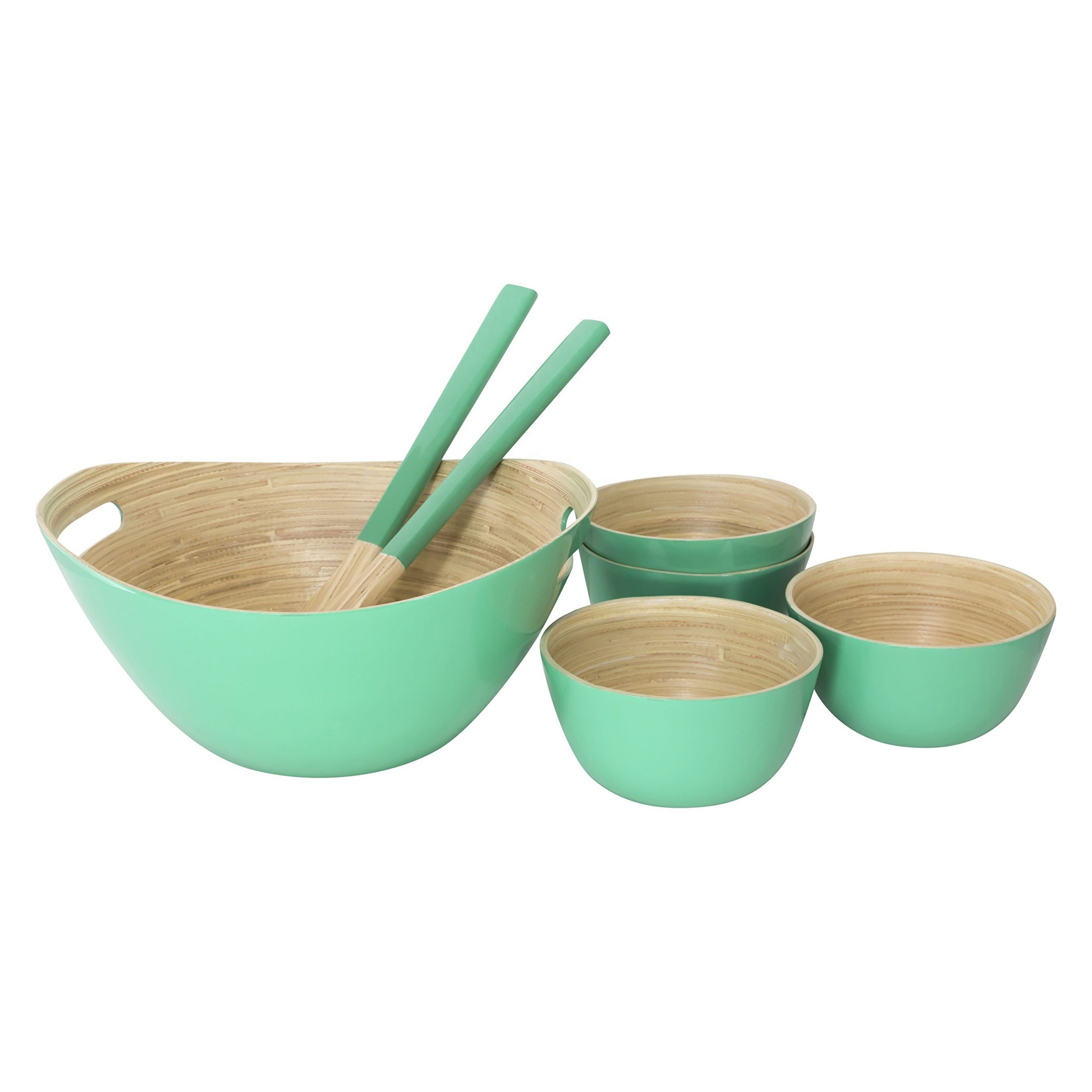Coconut husks are an eco-friendly material wildly applied in the agriculture and producing handicraft products. Coconut shells with many good properties, such as moisturizing, anti-erosion, and making the soil porous, are used to plant trees. In this article, let’s discuss: “How to Use Coconut Husk for Plants?”
Contents
Coconut Husk’s Structure
The coconut husk is the fibrous outer layer of the coconut fruit. It consists of 30% coir and 70% coco peat. Coco peat has high absorbing and moisturizing properties from 400-600% of its own volume. Coco husk has a rough and fibrous texture and is a versatile and sustainable material that can benefit plants and the environment.
It is composed of two main parts:
- Coir: This is the fibrous part of the coconut husk that surrounds the hard shell of the coconut. It is a coarse, waterproof material resistant to saltwater and can withstand harsh environmental conditions.
- Coco peat: This is the finer, softer material found on the coir’s inner side. It is a byproduct of the coconut industry and is often used as a soil amendment or growing medium.
The coir and coco peat in coconut husks has several uses, including as a growing medium, a soil conditioner, mulch, and erosion control material. The fibrous nature of the coconut husk provides excellent water retention, aeration, and drainage properties, making it an ideal choice for many gardening applications.
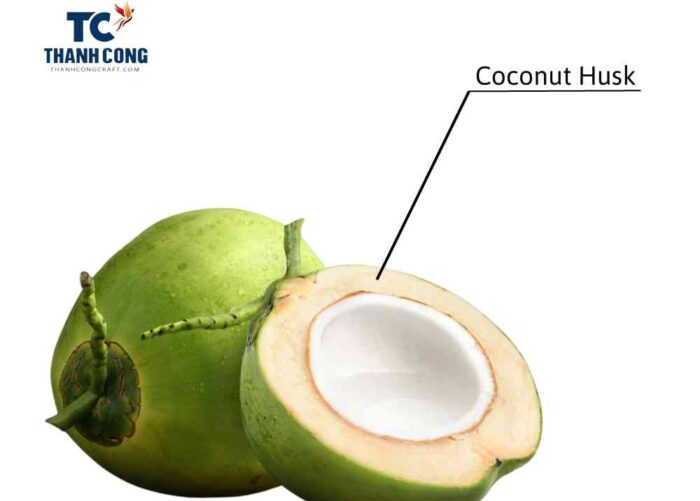
Coconut Husk Uses for Plants?
Coconut husk for plants can be an excellent source of organic matter. Here are some ways you can use coconut husk for plants:
- Coco coir: Coconut coir is a fibrous material that can be used as a soil amendment or a growing medium. It can retain water well and is an excellent substitute for peat moss. Coco coir is often used in hydroponics, as it provides good drainage and aeration.
- Mulch: Coconut husks can be shredded and used as mulch around plants. This can help retain moisture in the soil and suppress weed growth. Coconut husk mulch can be used in both vegetable gardens and ornamental beds. (See Also: The Benefits and Uses of Coconut Coir Mulch)
- Composting: Coconut husks can be added to a compost pile to provide carbon-rich material. Composting can help break down the tough fibers of the husk and turn them into nutrient-rich soil for your plants.
- Potting mix: You can mixed coconut chips for plants with other materials like perlite, vermiculite, and compost to create a lightweight, well-draining potting mix. This mix can be used for planting seedlings or container-grown plants.
- Erosion control: Coconut husk substrate can control erosion on slopes or in areas with heavy rainfall. The fibers in the husk can help stabilize soil and prevent decay.
Overall, coconut bark are a versatile material that can be used in many different ways to benefit your plants.
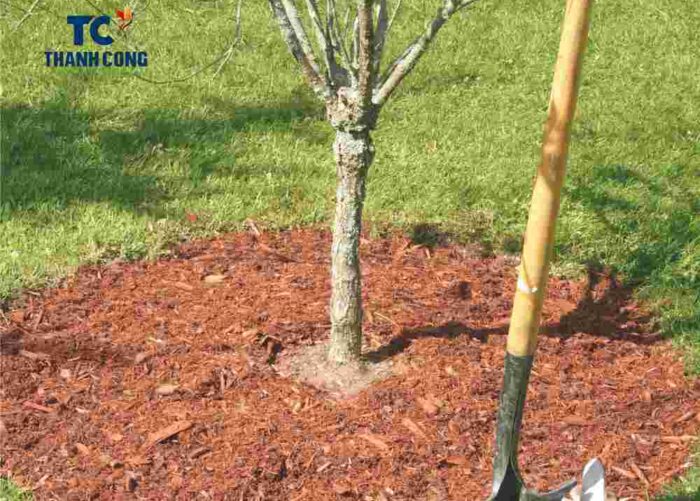
How to Use Coconut Husk for Plants?
Why Is It Necessary to Handle Coconut Husk before Planting?
Coir has wide applications. But the easiest thing to do is to make a growing medium. To make a substrate, you must handle it because virgin coconut fiber contains two substances, Tanin and Lignin.
These two substances directly affect the growth of plants: Blocking the way to absorb air and nutrients plants; these two substances are difficult to decompose, especially Lignin is only soluble in an alkaline environment. It will slow down the plant growth, be stunted, poison… and kill the tree.
Thus, coconut fiber treatment effectively and thoroughly removes Lignin and Tanin to help stimulate plant growth.
The most effective way to handle coconut husks for growing plants:
There are many ways to handle the husk and remove harmful substances. Still, the most common method is to discharge Tannin and Lignin from coco peat by analyzing the specific characteristics of these two substances.
- Tannins have a salty acrid taste that can dissolve in water and precipitate proteins.
- Lignin is an aromatic polymer, insoluble in water, common solvents, and even strong acids. This compound is only partially degraded and saturated under the action of alkaline solutions of sodium bisulfite and sulfuric acid. After treatment, evaporating the Lignin completely takes 12-14 hours.
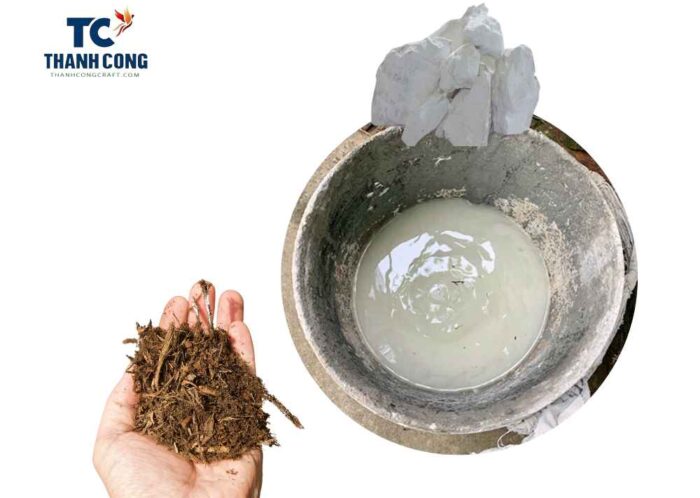
How to Handle Coconut Husk for Plants?
To use coconut husk for plants, you need to remove the tannin and lignin. Here are the ways:
Tannin treatment: Soak the coconut fiber in a water bath for about three days. After three days, empty all the water in the water tank. The water will be dark brown at this point, and the coco peat will be red-yellow. It is recommended to perform the flushing step at least three times for the Tannin to be treated cleanly.
Lignin treatment: Dissolve 2kg of lime in 100 liters of water. Put the Tannin-treated coco peat in the above step into the mixed lime water tank. Continue soaking for 5-7 days for Lignin to dissolve. Then drain the lime water containing the login in it. Finally, rinse off the lime in the coco peat by soaking the coco peat in water for about one day, doing it 3-5 times. The coco peat has now been cleaned of acrid and lime.
After processing the acrid substance, Coconut peat proceeds to incubate with Trichoderma fungus. Mix coco peat with Trichoderma for 3 – 5 days; stir Trichoderma and coco peat once. After about 20 days of incubation with Trichoderma, the coco peat is dark brown. At this time, coir can be used directly to plant trees.
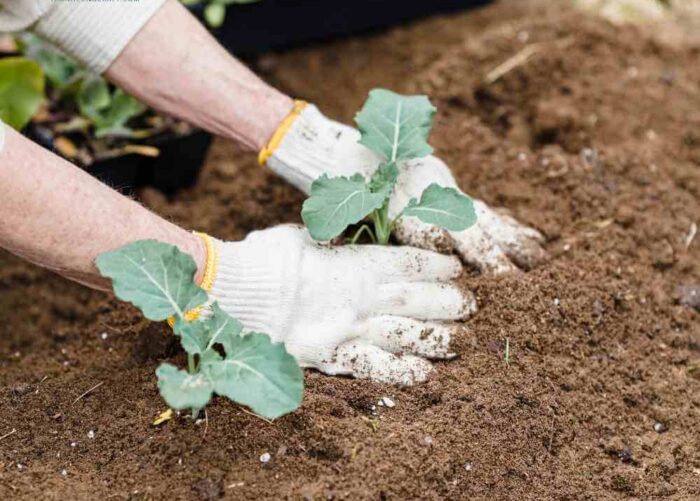
You can order the treated coconut husk for plants bricks on e-comerce sites, soak them in water, and use them right away. This method is only suitable when you have a small number of plants, and the price is relatively high.
If you want to import a large amount of coir to plant trees at the best price, please send thanhcongcraft an email at info@thanhcongcraft.com or leave us a message at WhatsApp: +84967485411. Hope to serve you soon! Best regard!
Check out our Products and Coconut Bowl Wholesale Category


